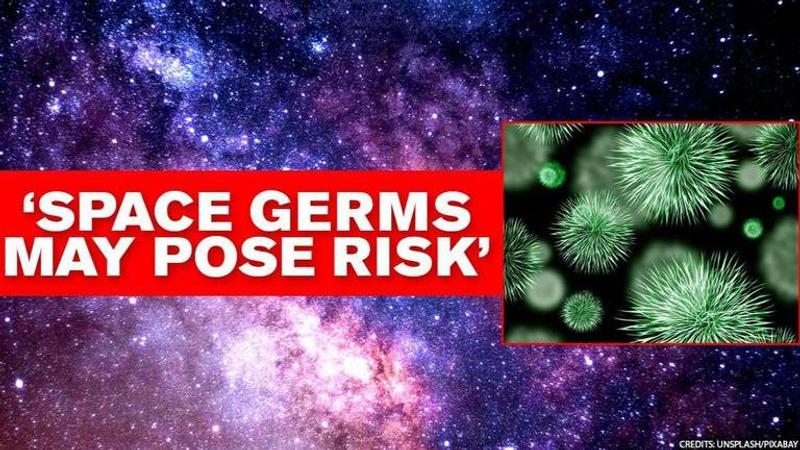Published 14:09 IST, July 24th 2020
Alien germs might pose threat to human immune systems and space missions: Study
A study revealed that the immune system of mammals could struggle to fight 'alien germs' from other planets, which might pose a risk for space missions.

A recent study revealed that the immune system of mammals, including humans, could struggle to fight germs from other planets. Scientists from the universities of Aberdeen and Exeter tested how mammal immune cells responded to ‘peptides’ (combinations of amino acids) contenting two amino acids that are rare on Earth but are commonly found on meteorites. According to the research, the scientists conducted the study on mice which showed that the immune cells responded to the ‘alien’ peptides in way that was ‘less efficient’ that to germs from this planet.
The scientists examined the reaction of T cells, which are key to immune responses, to peptides containing amino acids commonly found on meteorites. While the T cells normally work to kill pathogenic bodies and can recruit other cells to fight invading diseases, the researchers noted that when they introduced the amino acids the T cell response was less efficient. The study informed that the T cells activation levels were at 15 to 61 per cent as compared to 82 to 91 per cent when exposed to peptides made entirely of amino acids that are common on Earth.
Lead author Dr Katja Schaefer, of the University of Exeter, said in statement, “Life on Earth relies on essential 22 amino acids”. He added, “Our investigation showed that these exo-peptides were still processed, and T cells were still activated, but these responses were less efficient than for 'ordinary' Earth peptides”.
‘Immunological risk’ for pace missions
The scientists speculate that contact with extra-terrestrial microorganisms might pose an ‘immunological risk’ for space missions aiming to retrieve organisms from exoplanets and moons. The researchers also hypothesised that lifeforms that are evolved in an environment of different amino acids might contain them in structure. The researchers chemically synthesised ‘exo-peptides’ containing amino acids that are rare on Earth and tested whether a mammal immune system could detect them.
Further, as per the study, the researchers noted that the discovery of liquid water at several locations in the solar system raises the possibility that microbial life may have evolved outside Earth, and could, therefore, be accidentally introduced into the earth’s ecosystem. The new study also raises concerns as missions to other planets are becoming more common. While the UAE recently launched its first mission to Mars, China sent the ‘Questions to Heaven’ rover for a 90-day exploration of the Red planet.
Updated 14:08 IST, July 24th 2020



